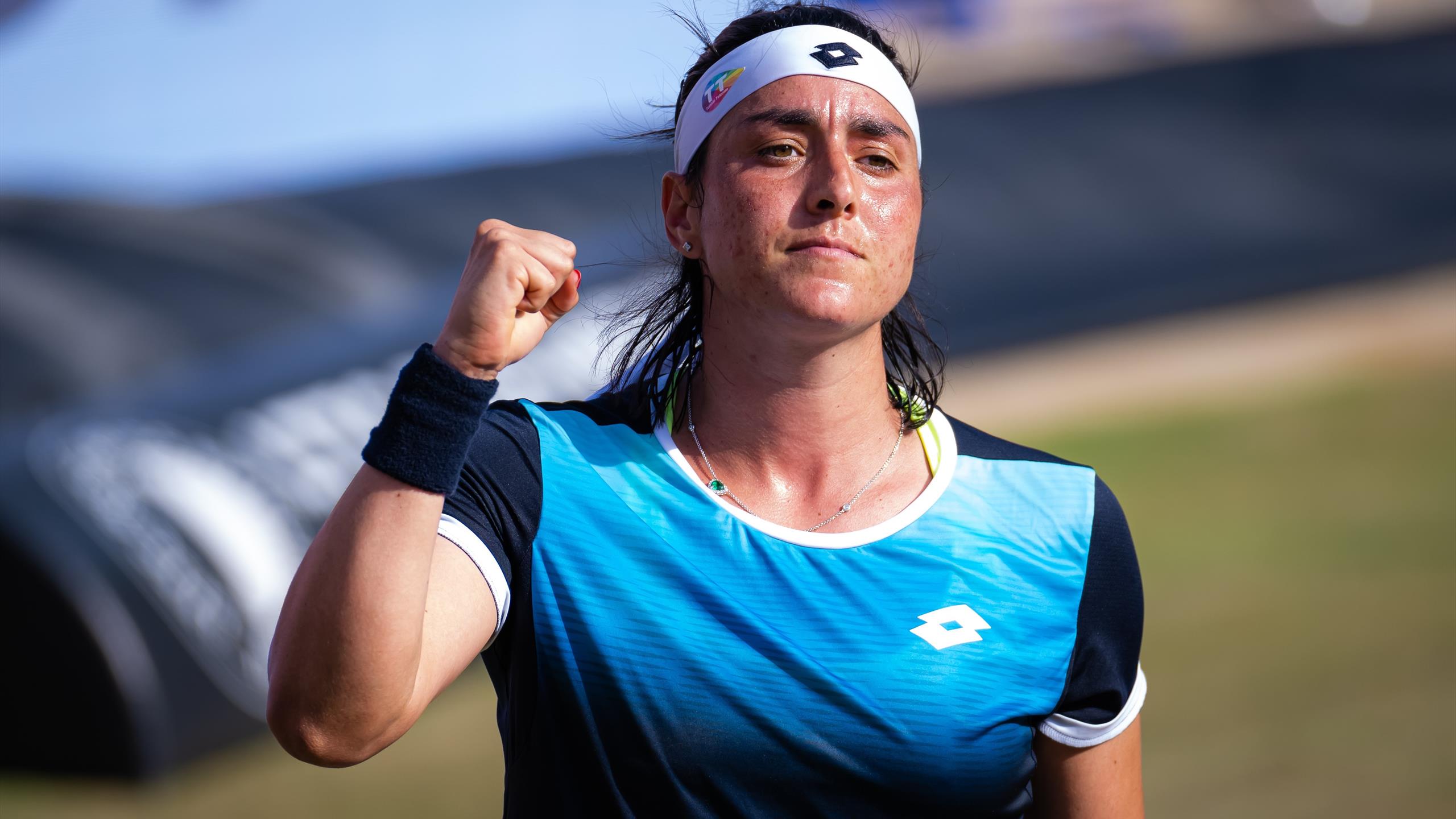Ons Jabeur has quietly rewritten tennis history, not only for her home country of Tunisia but for the entire Arab world. Born in Ksar Hellal in 1994, Jabeur began her journey on local courts with limited resources and exposure. Her early promise led her to train in Belgium and France, where she refined her aggressive playing style and drop shot mastery. She made headlines by winning the junior French Open in 2011, becoming the first Arab woman to achieve such a feat in a Grand Slam event.
Jabeur’s rise to prominence reached new heights in 2022 when she became the first Arab and African woman to reach the finals of Wimbledon and the US Open. Her unique blend of finesse, strategy, and unpredictability not only captivated fans but also challenged the norms of what a top-tier tennis player looks like. Beyond statistics, Jabeur’s charm and sportsmanship have earned her widespread respect on and off the court, fostering greater interest in tennis across North Africa and the Middle East.
What makes Jabeur’s story remarkable isn’t just her athleticism—it’s her role as a cultural icon. In a sport historically dominated by Western players, she represents resilience, representation, and inspiration. By using her platform to advocate for gender equality in sports and support young Arab athletes, Jabeur proves that champions aren’t only measured by trophies, but by the barriers they break along the way.

